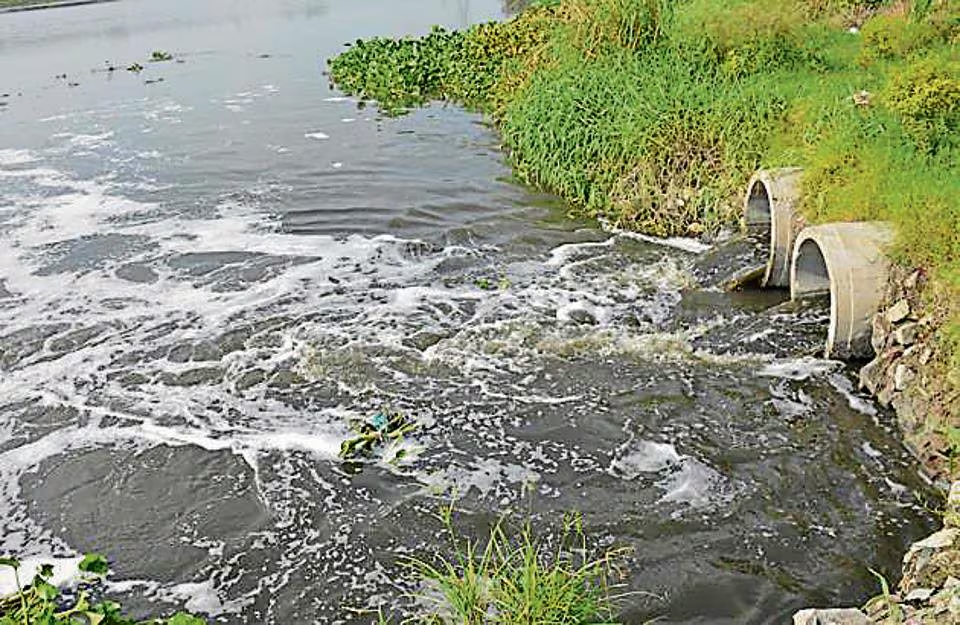MPCB Demands Immediate Action on Mula River Sewage Spill
In a significant environmental development, the Maharashtra Pollution Control Board (MPCB) has directed the Pimpri Chinchwad Municipal Corporation (PCMC) to immediately cease the discharge of untreated sewage into the Mula River in Pimple Nilakh. This follows a complaint filed by Raviraj Kale, an office-bearer of the Aam Aadmi Party (AAP), highlighting the civic body’s failure to address a broken drainage chamber responsible for releasing untreated sewage into the river. The incident has raised serious concerns regarding the environmental impact and the lack of timely intervention by municipal authorities.
The issue came to light when an MPCB team visited the site last week to inspect the problem. Upon arrival, they discovered that the civic body had been engaged in riverfront development works near the broken drainage chamber, but had failed to address the damage that had occurred two-and-a-half months ago. Kale’s complaint pointed out that the untreated sewage from the chamber had been flowing directly into the river, exacerbating pollution in an already stressed water body. The MPCB has since instructed PCMC to submit an action report detailing the corrective measures taken.
A PCMC official, however, clarified that the ongoing riverfront development works, which are located a few metres from the site of the damaged drainage chamber, were not linked to the sewage discharge issue. According to the official, the chamber was repaired on Tuesday, stopping the discharge of sewage into the river. PCMC has assured the MPCB that an action taken report will be submitted, confirming the completion of repairs and the cessation of the discharge.
The incident has brought to the forefront the urgent need for efficient infrastructure management and timely repairs in urban areas. With the ever-increasing pressure on civic bodies to address environmental concerns, this incident underscores the broader issue of sewage treatment and the critical importance of maintaining and repairing water systems in a timely manner. A failure to address these issues not only damages the environment but also impacts the health and safety of the residents living near these water sources.
From a sustainability perspective, this situation highlights the importance of long-term planning for water management systems in urban areas. Sewage discharge into rivers like the Mula has severe consequences, including water pollution, harm to aquatic life, and health risks for the local population. Furthermore, untreated sewage contributes to the deterioration of ecosystems, making it more challenging to maintain clean water sources for future generations. In the context of sustainable urban development, this issue serves as a stark reminder that environmental protection must be prioritised in infrastructure planning. Municipal corporations must implement robust systems for routine checks, repairs, and timely intervention to safeguard urban water bodies, ensuring the long-term health of the community and the environment.


